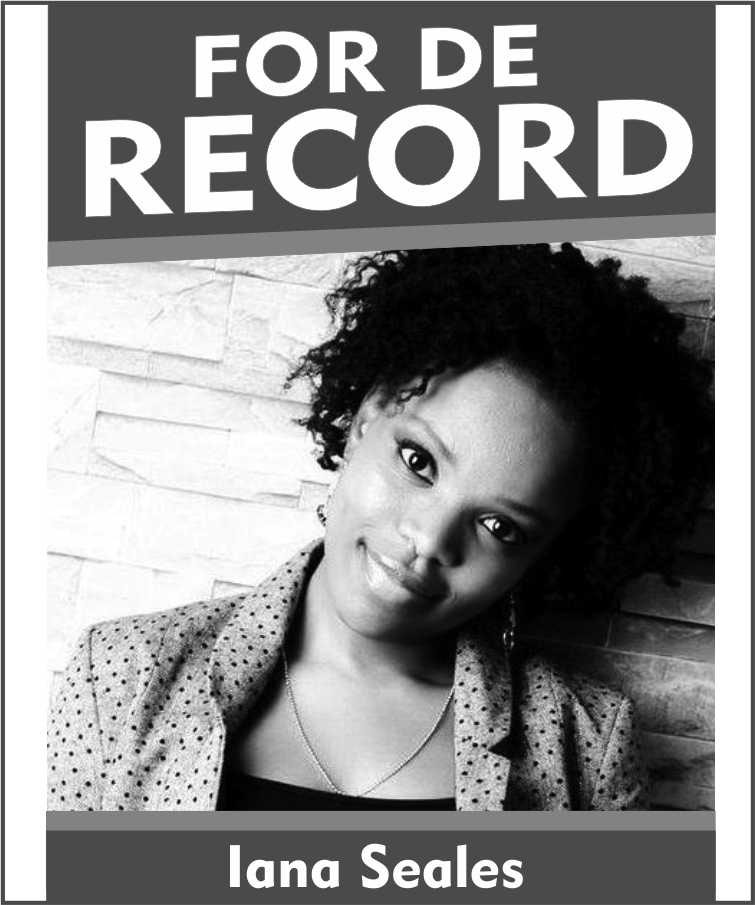The words “child abuse,” with their unsettling overtones of physical, sexual or emotional maltreatment of a child, are triggers for rage. Reading about the caregiver who recently assaulted a baby and pleaded guilty easily evokes anger but not only for the child who was mistreated – anger also for a teenager who was rendered defenceless by a judicial system which rarely protects the poor.
 While the case might appear simple—a baby was abused and the aggressor was punished after admitting guilt—it is anything but. There are several important issues to consider, including the mental state of the young caregiver, the unequal power relations between domestic workers and their employers, and the dysfunctional judicial system that offers little or no protection to the poorest in this country.
While the case might appear simple—a baby was abused and the aggressor was punished after admitting guilt—it is anything but. There are several important issues to consider, including the mental state of the young caregiver, the unequal power relations between domestic workers and their employers, and the dysfunctional judicial system that offers little or no protection to the poorest in this country.
Every story has at least two sides and this story is no different. But in this country one side of the story usually gets shut down, and often that is the side of the less fortunate, the people in our society who drop out of school to work in the informal economy as cooks, cleaners, caregivers, delivery boys, shop attendants and handy boys etc. These are the citizens who live and work in a dark, unseen and discriminatory side of our society.
In Guyana, we talk about violence, its prevalence and how we have become immune to it, but we say very little about economic violence. The very poorest in our society are desperately vulnerable to all forms of violence simply because they are poor and they have no defence whatsoever from those who seek to rape, abuse, exploit and assault them.
To some, the young caregiver is shameless, violent and a danger to society. She beats up on defenceless babies left in her care and is therefore deserving of the five-year prison sentence she was slapped with. But to others, she is poor, a victim of economic violence and one of the voiceless citizens from the disadvantaged side of our society.
Without question, this young woman, Fatima Martin, deserves to be punished for abusing one-year-old Sanjana Edmond. As published in the press, the medical report was detailed and the contents very alarming. It disclosed that the child received medical attention for injuries most likely caused by a series of blunt traumas. It also noted that the injuries on such a small child could have serious intracranial consequences. These are serious injuries and any parent, in this instance Magistrate Geeta Chandan-Edmond, would be horrified.
But have we considered why Ms Martin would have beat up on a defenceless child? The story she told the parents after reportedly being dishonest on two occasions was that the baby refused to let her put on a diaper. Subsequent to this, she said in court that she was “vex.” Rather than sounding like an unabashed child abuser, she paints the picture of a teenager who is not only easily frustrated but also lacks the skills required to care for children, especially a one-year-old baby.
The truth is that she is a teenager and should not be caring for babies or more so be paid to do so. Ms Martin might be legally empowered to vote and work in our country but she is still a young girl who is crossing over from adolescence to womanhood and can in no way be assumed to possess the skills required to care for a baby in a professional setting. This cannot be lost on Magistrate Chandan-Edmond and her husband, Joel Edmond. Though Mr Edmond has come forward to say that they employed her out of sympathy, they could have also been sympathetic enough to enquire about her circumstances, what led her there and why? Not rescue her in exchange for that kind of work.
According to Mr Edmond, the teenager was desperate. I might add that she was also vulnerable. There she was, a young girl, begging for a job and out of kindness they hired her. But she did not simply represent the young and desperate group that is job hunting out there, Ms Martin also represents a vulnerable group of young women entering the informal economy who are exposed to exploitation, abuse and assault. How could this escape the magistrate and her husband?
The painful truth is that she also characterises what we call “cheap labour” in our country–the group of people who we could easily tap into when we need work done for cheap. The group of people who we could pay an unliveable wage to because they have no social and legal protection, and because the majority are desperate. How could this also escape the magistrate and her husband?
Even more important, did the magistrate and her husband consider how caregivers like Ms Martin who live-in and are considered “on call” usually operate in highly unequal relationships with their employers and easily become domestic slaves with very little rights and even less personal agency? This work is unregulated, isolated, out of sight and ought not to be offered to a teenager, especially a desperate one.
There have been many calls in our society for Ms Martin to be “punished severely” and there has been a chorus of calls saying, “Jail she!” Some have argued that the law is finally working for victims of child abuse. In this same camp are the people who say that one cannot support Ms Martin and advocate for a violence-free society. But we certainly can if we listen to Ms Martin’s story and accept that she too is a victim of violence.
If we accept her story that she worked long hours with low wages then she is a victim of economic violence. If we accept that the magistrate physically assaulted her after she admitted responsibility for the child’s injuries, as Ms Martin has alleged, then she was a victim of physical violence. This story is not only about the violence against the child which is punishable, it involves other forms of violence and lest we forget, those also matter.
In short, it is difficult, prejudicial even, to say jail her for five years without considering the distinct disadvantages she faced. Do we know whether Ms Martin was fortunate to acquire a secondary education? Can she properly articulate her frustrations and grievances? If we could walk for one day in her shoes then we might have a tiny bit of latitude to say how long she should be jailed for, but just a tiny bit.
What’s even worse the judicial system chewed up Ms Martin then spat her out with a harsh prison sentence after her admission of guilt. The presiding magistrate concluded that she was unremorseful and went ahead and slapped a severe prison term on the teenager who was standing before her unrepresented and very likely, nervous.
The teenager was a first offender by all accounts but charged with a serious offence committed against the child of a sitting magistrate and an attorney-at-law, both of whom stood in court alongside an attorney retained to look into the child’s interests.
If ever there was a time for the judicial system to operate in a manner above and beyond scrutiny, it was then.
But the magistrate said the teenager was unapologetic after hearing her speak briefly. Maybe it was what she said or how she said it. Maybe it was because of what she didn’t say. Maybe it was her inability to communicate properly. Whatever it was, she did not deserve a quick judgment.
Is it unreasonable to expect that the magistrate ought to show some concern for the teenage caregiver standing before her on a serious offence? Is it unreasonable to expect that she would have deferred the ruling and asked for a probation report on the young Ms Martin? No it is not.
The hasty trial that Ms Martin received was one-sided even without taking into account her allegations of being assaulted by Magistrate Chandan-Edmond. But we have seen this time and time again. The judicial system offers no protection to the poor and vulnerable, and this case, like so many others, exposes how the system aids in damaging the lives of the poorest.
Have a question or comment? Connect with Iana Seales at about.me/iseales

